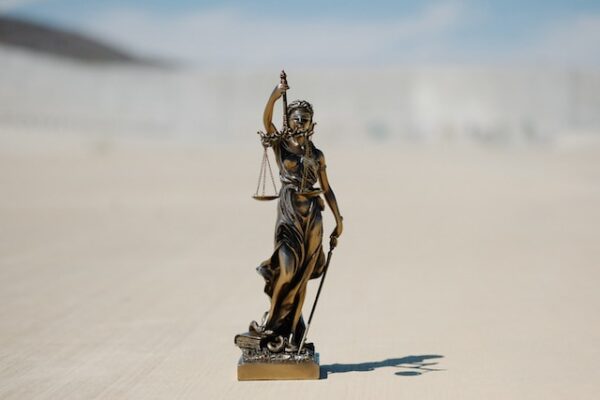The idea behind voir dire (which is French for jury tampering) is that a jury should be ‘impartial.’
An impartial jury is one that hasn’t already made up its mind, one that will be able to judge the facts of the case without having already pre-judged them.
Sounds good, right? But judging the facts in a case is only half — less than half, really — of the job that a jury is supposed to do. The more important job is judging the law as it applies to the case.
But jurors who might disagree with the law — who might be willing to nullify the law — are routinely excused from serving on juries. The voir dire process exists, in large part, to weed them out.
This undermines — destroys, really — the ability of a randomly selected jury to do something that no judge, however wise and however well-versed in the law and the rules of evidence and procedure, can ever do: Represent a cross-section of the beliefs and values of a community.
That’s really the only necessary function of a jury. Everything else could be handled by judges.
So ironically, the government says an ‘impartial’ jury is one that hasn’t pre-judged the facts but has pre-judged the law. It’s completely ass-backward.
And it is how juries have been transformed from a tool designed to check government overreach from the outside — the closest thing we’ve ever had to requiring the consent of the governed ¹ — into a tool that is used to promote government overreach from the inside.
¹ Suppose that 10% of the people in a community believe that a law is bad — that it exceeds or abuses the authority delegated to the government.
If you randomly select members of that community for jury duty, getting a jury that will convict someone of breaking that law is like rolling a 10-sided die 12 times, and never seeing a 1.
How likely is that?
The probability of pulling that off is
(1 — 0.10)12 = 0.28
So there is only a little more than a 1 in 4 chance of being able to convict someone, even if he’s guilty.
If the number of people who oppose the law increases to 20%, that probability drops to
(1 — 0.20)12 = 0.07
or about 1 in 15.
If 60% of the people have used ‘democracy’ to force something on the other 40%, their chances of enforcing it drop to
(1 — 0.40)12 = 0.002
or about 1 in 500.
And setting aside probabilities for a moment, consider that — like David standing up to Goliath — a single juror, standing alone against an entire government, can derail a miscarriage of justice.
Randomly selected juries are the best mechanism ever invented for protecting the rights of the minority from the will of the majority.
They are the nearest thing we have to requiring the consent of the governed (one of two principles from the Declaration of Independence that the Republican Party was created to protect).
Nothing else even comes close.
